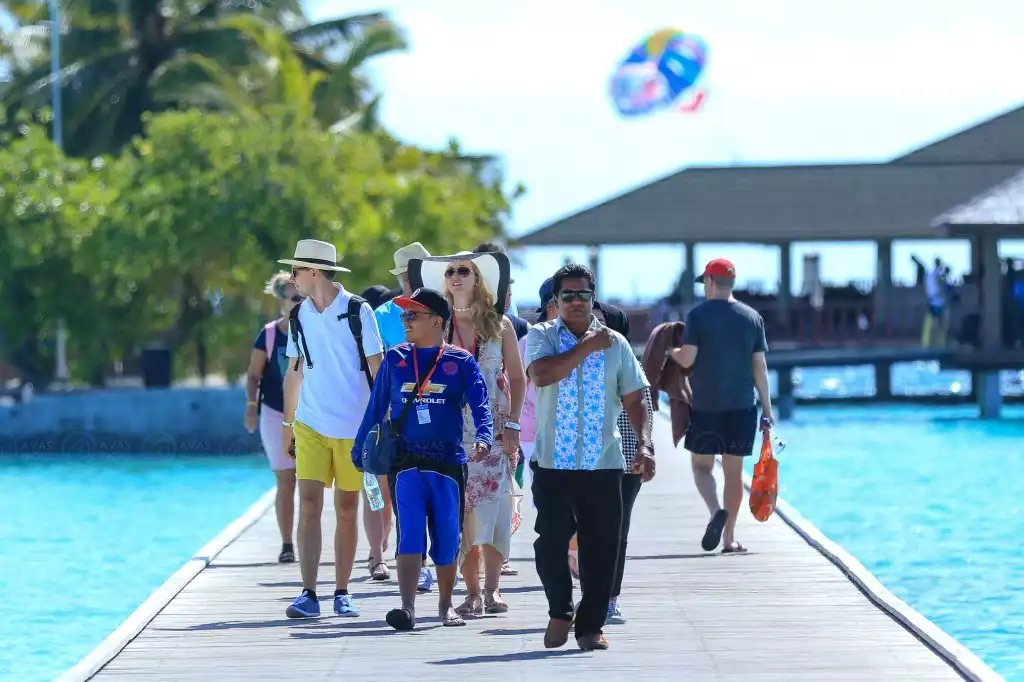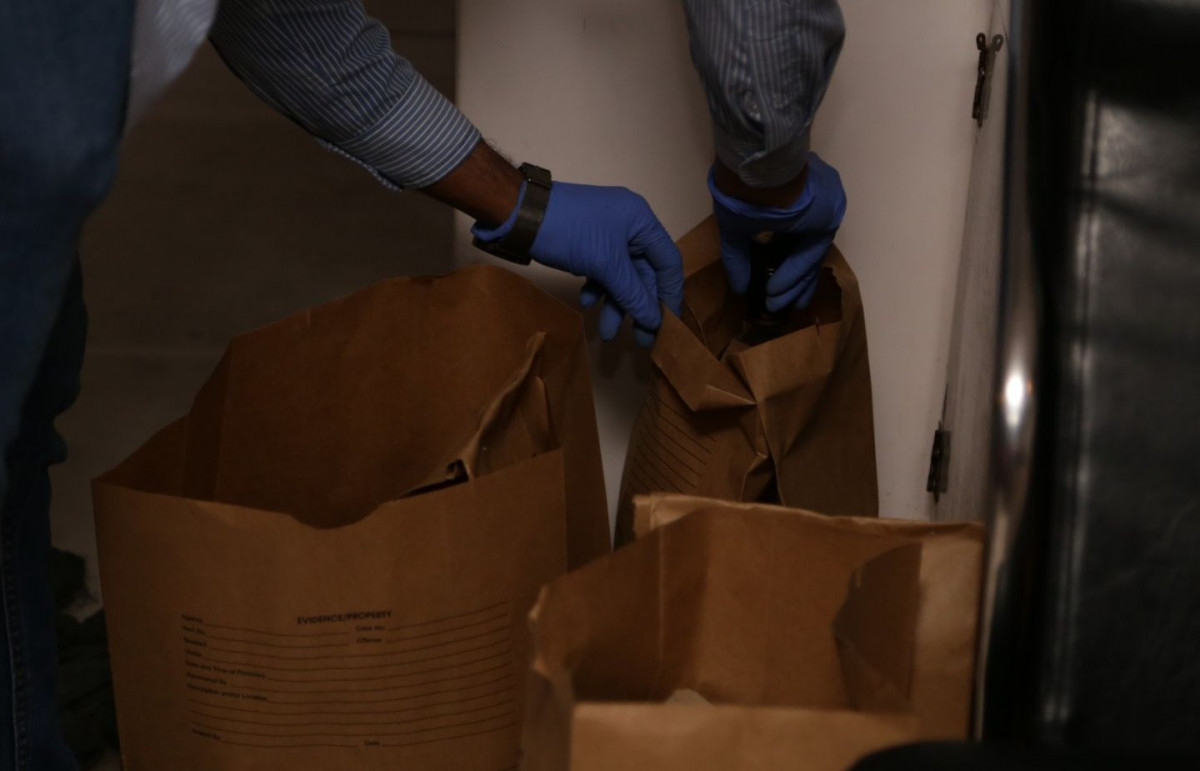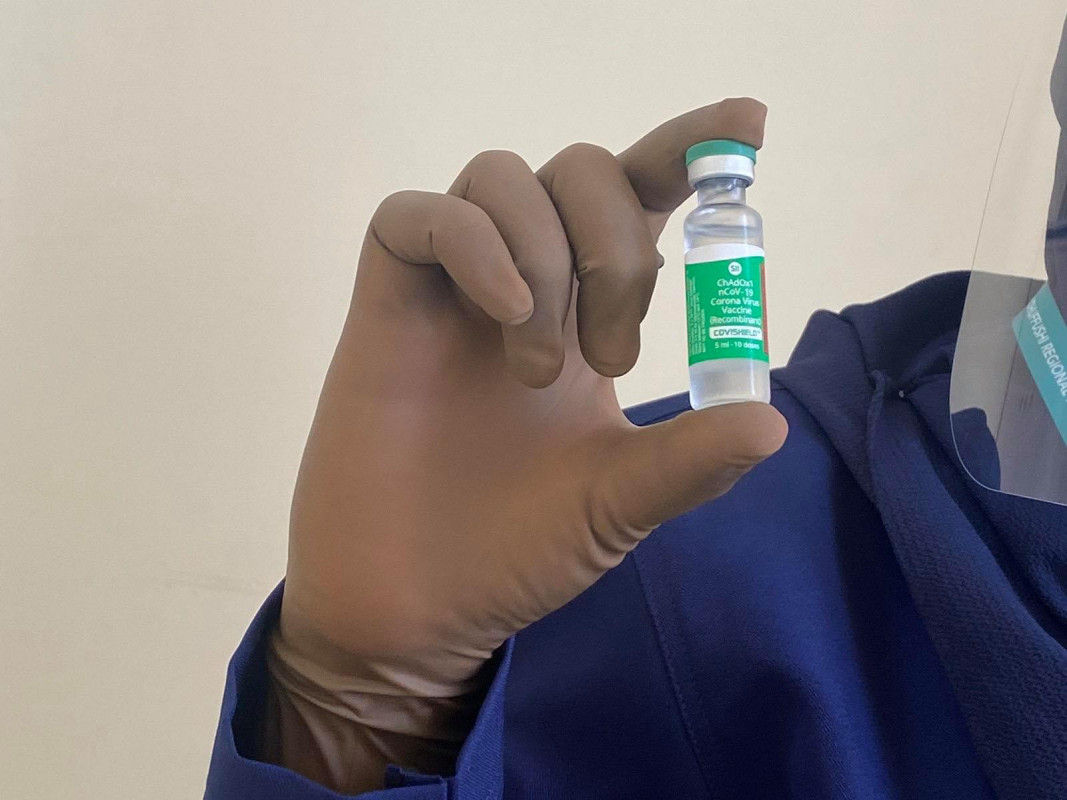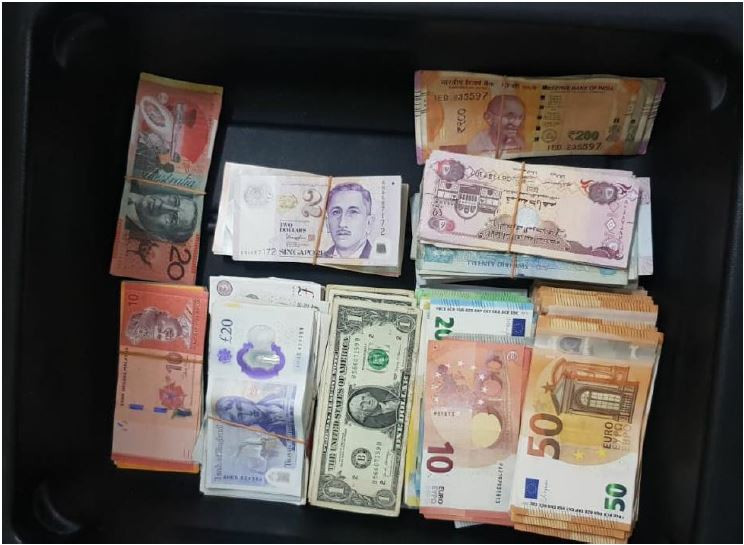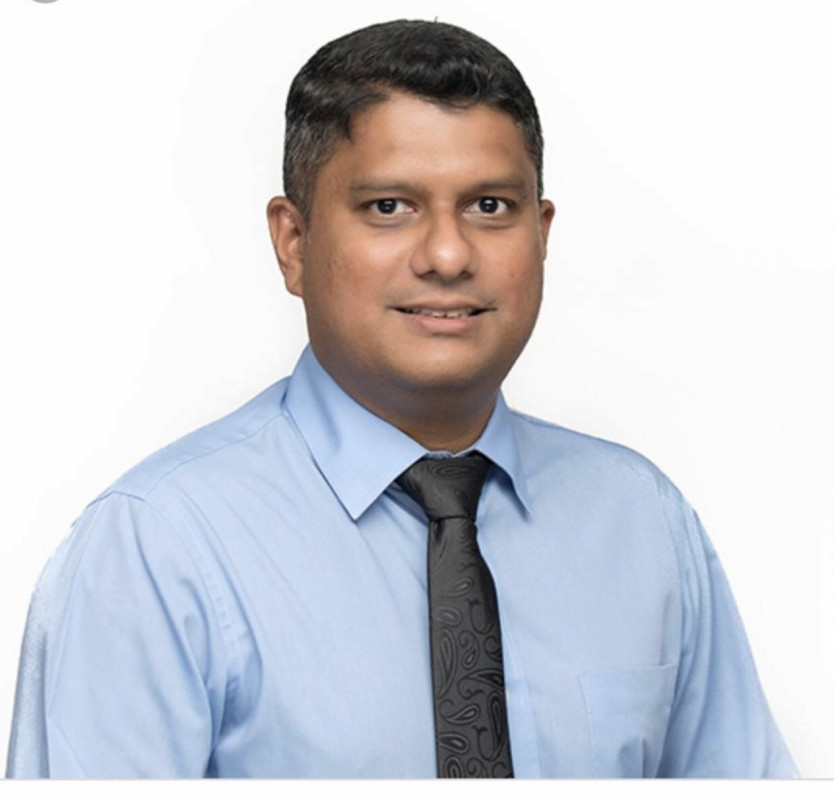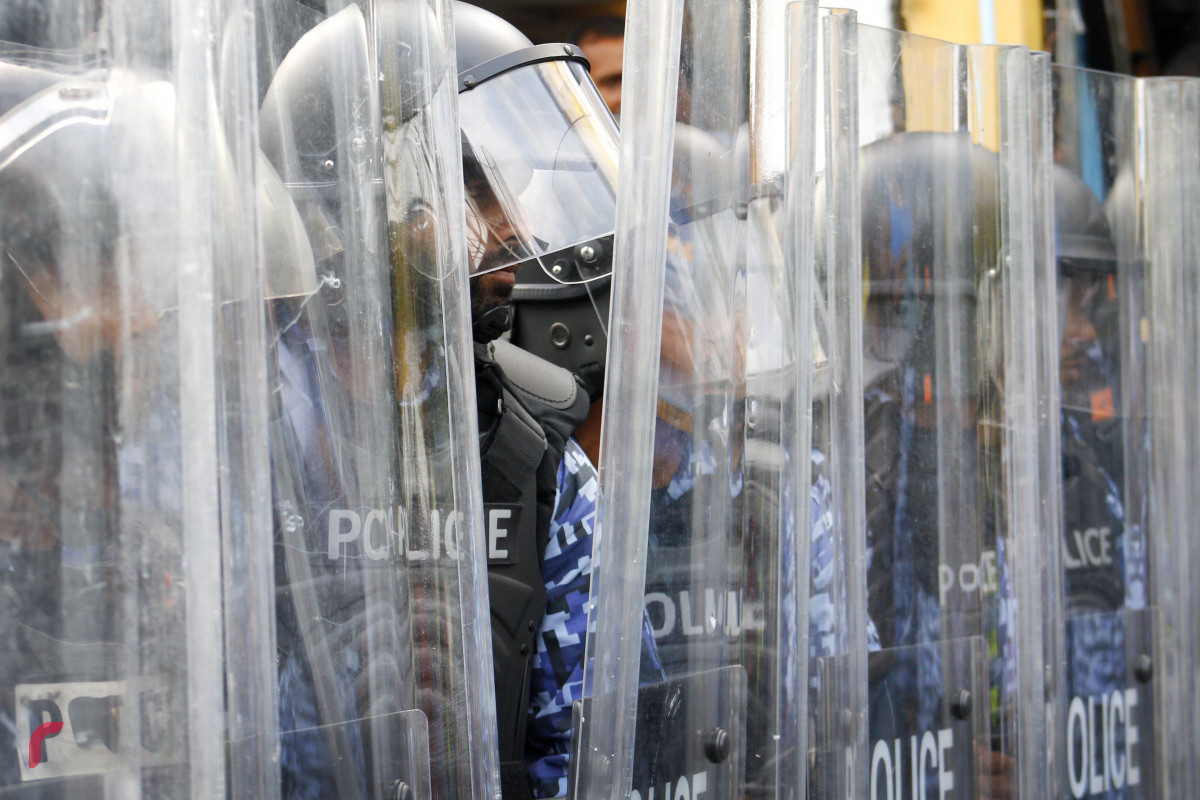Over 300 congested households identified through survey
307 congested households identified

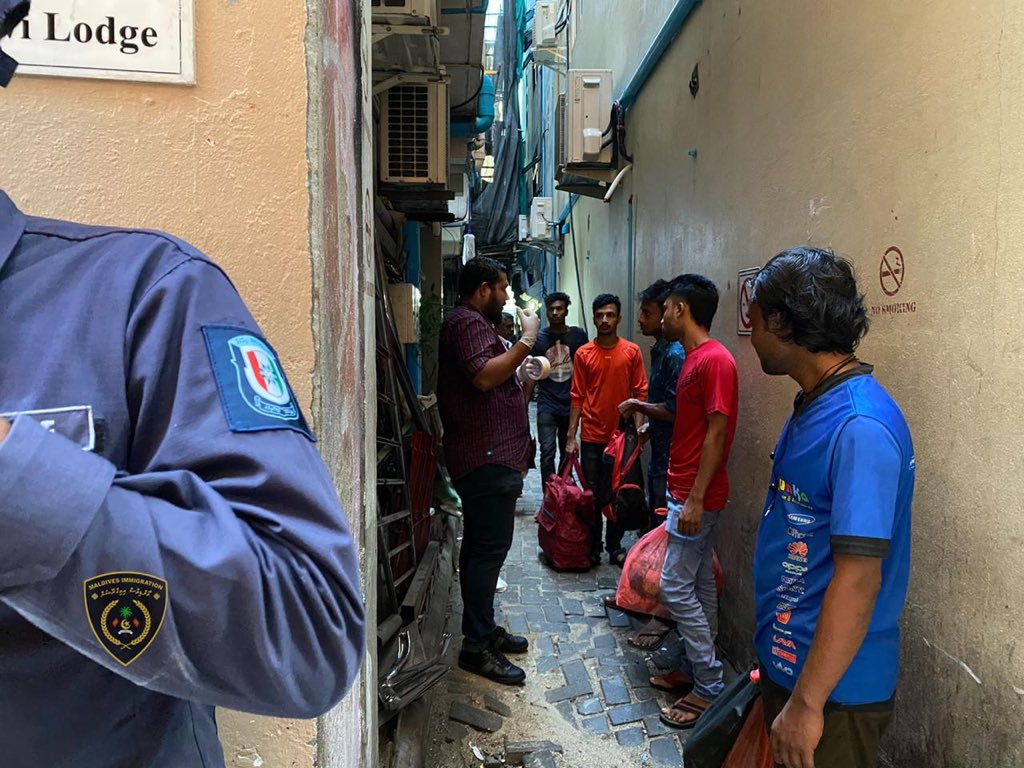
From an operation held to identify undocumented workers | Immigration
Over 300 Covid-19 vulnerable migrant households have been identified.
Malé City’s deputy mayor, Shamau Shareef, revealed this during the National Emergency Operations Center (NEOC)’s Covid-19 press briefing on Tuesday afternoon.
Noting that a community survey to identify congested migrant households in the city was launched even prior to the pandemic, Shamau said that at least 5,000 migrant workers were interviewed in the survey. He added that 11,000 people are believed to be living in such households.
He said that this number “is very high”, but that it was important that a lot of congested households have been identified.
The deputy mayor further said that a number of the migrant workers have since been moved to the facilities established through the NEOC, adding that this was done with the assistance of the Maldives Police Service.
While Shamau said that 307 congested households were identified through the survey and that a number of the workers have been moved to quarantine facilities and temporary shelters, he did not disclose an exact number.
Furthermore, the deputy mayor said that they learnt of some of these areas through the public.
At a press conference held on Monday, Home Minister Imran Abdulla said 24 such households have been “cordoned and under monitoring” adding that around 1,500 people are living there.
And NEOC had on Sunday said that samples have been taken from 30 vulnerable migrant houses, for Covid-19 testing.
Covid-19 taskforce’s spokesperson Mohamed Mabrook Aziz said that 475 out of the 612 migrants placed at quarantine facilities are from congested households. Further, over 500 of those left homeless following the lockdown in the capital have also been moved to temporary shelters.
Work is underway to reclaim a 30-hectare land in Gulhifalhu to develop accommodation facilities for expatriate workers.
